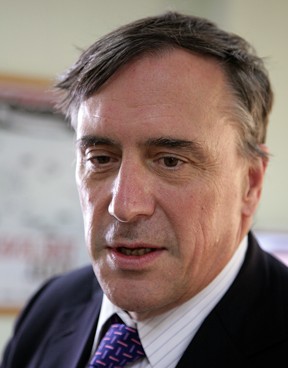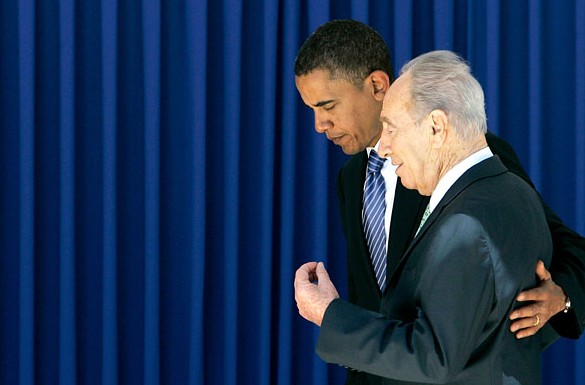Iraqis prefer checkpoints manned by Iraqis—as I observed time and again, they have learned how to navigate them. They often appear to know one of the security men—perhaps a distant relation or a friend of a friend. They know how to butter up the checkpoint guards with a kind word or humorous turn of phrase, and get past them even if they lack official permission. By contrast, they find American (or Peruvian) checkpoints, with their large signs in hortatory English and poorly rendered Arabic, bewildering, arbitrary, and humiliating. Over the years, many an altercation has occurred in these places owing to misunderstandings, impatience, or simply ill will.
Conversely, many Americans dislike, distrust, and resent Iraqi checkpoints. In a recent incident reported by Anthony Shadid in The Washington Post, Iraqi soldiers allegedly beat four American DynCorps contractors who refused to follow their orders at one of the entrances to the Green Zone[1] —a reminder that the tables are turning. I had flashed only two pieces of ID on my first visit to the Green Zone. But on my second day, Iraqi soldiers at the checkpoint one encounters when entering the Green Zone from the 14th of July Bridge insisted that I also produce an official bahtch or, failing that, procure a US Department of Defense escort, since I had told them I was on my way to meet General Raymond Odierno, who has succeeded David Petraeus as the US commanding officer in Iraq.
An American soldier lingering nearby, with no apparent mission other than to monitor the Iraqi soldiers, sauntered up to find out why I was being denied access to the Green Zone. After listening to my explanation that the Iraqis, now joined by an officer, required that I have an escort, he launched a verbal offensive that was as deeply insulting to the Iraqis’ national self-esteem (“This is why we were able to defeat them in two days”) as it was disrespectful and crude (“We could easily kill them all”).
The Iraqis, while knowing no English, could not possibly have misinterpreted the soldier’s abrasive body language, and I ended up trying to calm them down in the row that followed. When a DOD escort arrived, the American wandered off, leaving in his wake injured pride and burning anger over a relationship that had never worked. [continued…]

 t is widely known that the former US diplomat Peter Galbraith has been one of the most prominent figures in shaping the state structure of Iraq in the period after 2003, especially with his vocal advocacy of various forms of radical decentralisation and/or partition solutions for Iraq’s political problems that are reflected in his books and numerous articles in the New York Review of Books, especially in the period from 2004 to 2008. Until now, though, it has generally been assumed that Galbraith’s fervent pro-partition propaganda was rooted in an ideological belief in national self-determination and a principled view of radical federalism as the best option for Iraq’s Kurds. Many have highlighted Galbraith’s experience as a former US diplomat (especially in the Balkans in the 1990s) as key elements of his academic and policy-making credentials.
t is widely known that the former US diplomat Peter Galbraith has been one of the most prominent figures in shaping the state structure of Iraq in the period after 2003, especially with his vocal advocacy of various forms of radical decentralisation and/or partition solutions for Iraq’s political problems that are reflected in his books and numerous articles in the New York Review of Books, especially in the period from 2004 to 2008. Until now, though, it has generally been assumed that Galbraith’s fervent pro-partition propaganda was rooted in an ideological belief in national self-determination and a principled view of radical federalism as the best option for Iraq’s Kurds. Many have highlighted Galbraith’s experience as a former US diplomat (especially in the Balkans in the 1990s) as key elements of his academic and policy-making credentials.